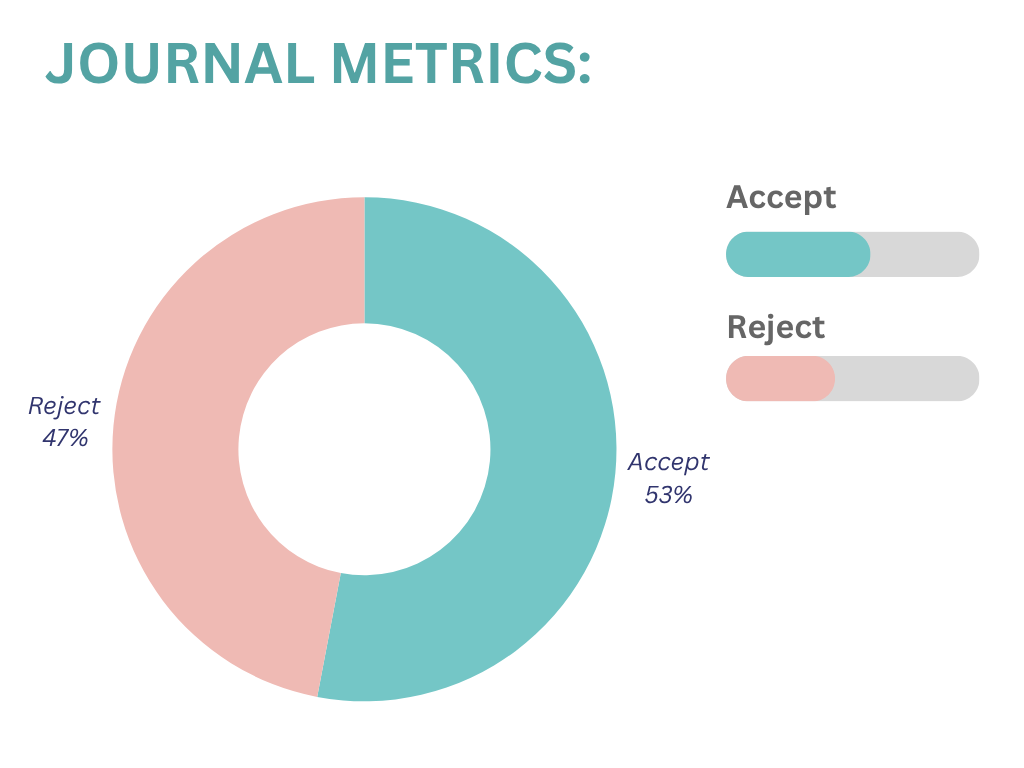AI and IoT in smart water management for urban sustainability
Abstract
The swift increase in urban populations has exerted tremendous pressure on water resources, leading to significant issues such as water shortage, poor distribution, and recurring leakage problems. Conventional water management systems, typically marked by manual oversight and slow responses, find it difficult to satisfy the requirements of contemporary cities. In this scenario, new technologies like Artificial Intelligence (AI) and the Internet of Things (IoT) provide effective, scalable solutions to these issues by allowing cities to implement smart water management strategies. Incorporating IoT technology into urban water systems enables the use of interconnected sensors that monitor variables like water flow, usage, pressure, and quality throughout the distribution network. These IoT devices generate real-time data streams, delivering important insights into the condition and performance of water supply systems. This ongoing, automated observation greatly enhances the speed of data collection in comparison to conventional manual methods. Conversely, analytics driven by AI increase the utility of real-time data by analyzing large datasets with the help of machine learning algorithms. These algorithms are capable of identifying anomalies (for instance, leaks), improving resource distribution, and forecasting future water usage trends. AI models can utilize historical data to generate predictive insights, enabling water managers to expect consumption surges, potential system breakdowns, or necessary maintenance tasks. Specifically, AI-enabled predictive maintenance can stop minor problems, like leaks or blockages in pipes, from developing into expensive failures that affect the entire system. This study investigates the architecture, applications, and benefits of AI and IoT technologies in tackling challenges related to urban water management. It examines particular instances where these technologies have effectively been implemented to decrease water wastage, enhance distribution efficiency, and guarantee high water quality. For instance, by enabling the early identification of leaks and continuous monitoring of water quality, AI and IoT help lower operational expenses and environmental effects while ensuring consistent access to clean water for urban communities. The research also examines case studies from cities like Barcelona and Singapore that have implemented AI and IoT for intelligent water management, showcasing actual advantages such as decreased water losses, improved distribution, and increased system resilience. These instances underscore the transformative capabilities of AI and IoT in developing sustainable and resilient urban water systems, which are vital as cities confront the combined challenges of climate change and rising population. Ultimately, the paper offers perspectives on future research avenues, highlighting the importance of ongoing advancements in AI models, edge computing, and blockchain technologies to further improve transparency, security, and efficiency within water management systems. The ability of AI and IoT solutions to scale will be essential for maintaining the sustainability of urban water resources as cities expand.
Keywords:
Artificial intelligence, Internet of things, Smart water management, Urban sustainability, Real-time monitoring, Predictive analytics, Water conservationReferences
- [1] Essamlali, I., Nhaila, H., & El Khaili, M. (2024). Advances in machine learning and IoT for water quality monitoring: A comprehensive review. Heliyon, 10(6), e27920. https://doi.org/10.1016/j.heliyon.2024.e27920
- [2] Guezouli, L., Guezouli, L., Djeghaba, M., & Bentahrour, A. (2024). IoT and AI for Real-time water monitoring and leak detection. Journal of renewable energies, 27(2), 243–281. https://doi.org/10.54966/jreen.v27i2.1210
- [3] Das, R. (2024). Smart urban water management: integrating AI and IoT for optimization and waste reduction. Optimality, 1(2), 309–317. https://opt.reapress.com/journal/article/view/62
- [4] Dwarakanath, B., Kalpana Devi, P., Kumar A, R., M Metwally, A. S., Ashraf, G. A., & Thamineni, B. L. L. (2023). Smart IoT-based water treatment with a supervisory control and data acquisition (SCADA) system process. Water reuse, 13(3), 411–431. https://doi.org/10.2166/wrd.2023.052
- [5] Hasan, T., Kabashi, N., Saleh, T., Alam, M., Wahab, M., & Nour, A. (2024). Water quality monitoring using machine learning and IOT: A review. Chemical and natural resources engineering journal (formally known as biological and natural resources engineering journal), 8(2), 32–54. https://doi.org/10.31436/cnrej.v8i2.100
- [6] Asadi, Y. (2024). Employing machine learning in water infrastructure management: Predicting pipeline failures for improved maintenance and sustainable operations. Industrial artificial intelligence, 2(1), 8. https://doi.org/10.1007/s44244-024-00022-w
- [7] Mohapatra, H., & Rath, A. K. (2020). IoT-based smart water. In IoT technologies in smart cities: From sensors to big data, security and trust (pp. 63-82). IET. https://doi.org/10.1049/PBCE128E_ch3
- [8] Bonomi, F., Milito, R., Zhu, J., & Addepalli, S. (2012). Fog computing and its role in the internet of things. Proceedings of the first edition of the mcc workshop on mobile cloud computing (pp. 13–16). New York, NY, USA: association for computing machinery. https://doi.org/10.1145/2342509.2342513
- [9] Li, L., & Chen, H. (2023). Artificial intelligence and internet of things-based leak detection method for the water supply network. International transactions on electrical energy systems, 2023(1), 3443047. https://doi.org/10.1155/2023/3443047
- [10] Das, A., & Chowdhury, A. R. (2024). Empowering sustainable water management: The confluence of artificial intelligence and internet of things. In current directions in water scarcity research (pp. 275–291). Elsevier. https://doi.org/10.1016/B978-0-443-23631-0.00019-4


